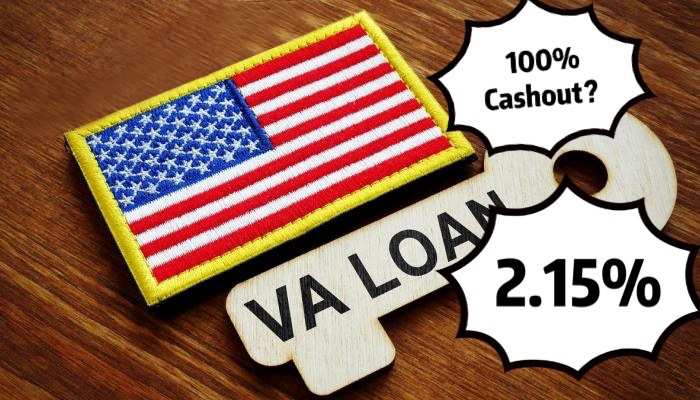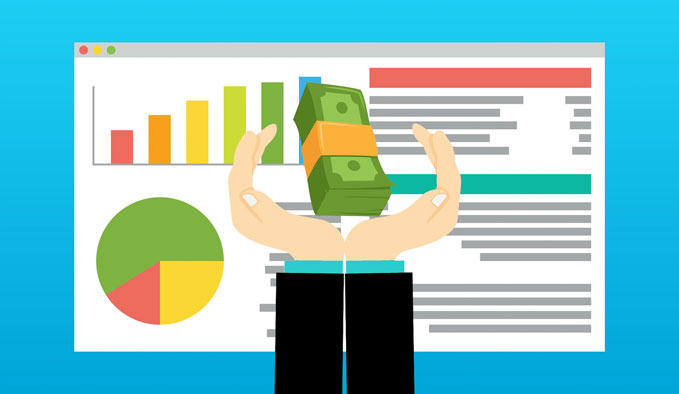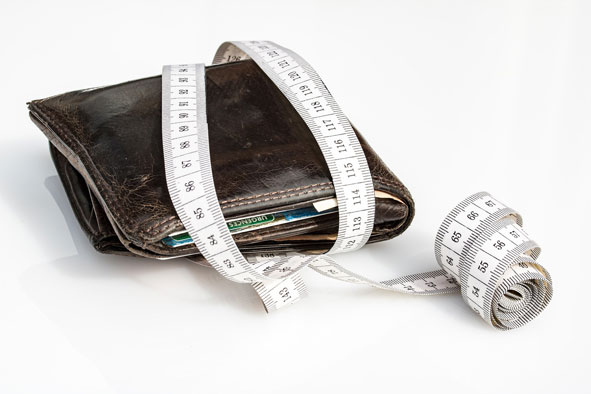Understanding the U.S. Credit System and Loan Mechanism in One Article / International Student Credit and Loans
We often hear that Americans do not have savings, loans are very popular and practical way of life, large to buy a house to buy a car, small to buy an iphone, buy a piece of clothing can be loaned, and the United States is the most perfect credit loan system, life on the small and large things can not be separated from credit. Without credit in the United States can be said to be difficult to walk. This article will give you a specific science of the United States credit system.
I/ What is credit score
After more than 100 years of development since the first private credit agency was established in 1860, the U.S. has developed an independently operated, mature and complete personal credit system.
In the U.S., it is not any government agency that is responsible for collecting and organizing consumers’ personal credit records, but private credit bureaus that operate on a completely market basis. These credit services companies, regularly purchase consumers’ personal credit reports from banks, insurance companies, real estate agents, employers, etc. At the same time, banks, insurance companies, and other institutions also provide credit records on their own initiative in order to obtain consumers’ personal credit reports for free or at a discount.
According to incomplete statistics, these credit services companies have acquired the credit information of 160 million adults across the United States and sell more than 600 million credit reports annually. Currently, there are thousands of local credit bureaus in the U.S., mainly affiliated with the three major independently owned credit bureaus, Experian, Equifax and TransUnion.
These three companies have data profiles of more than 98% of households in North America, generating about 2 million credit reports per day with an annual turnover of nearly $10 billion. Currently, the credit scores of Americans are basically reviewed by these three companies. Credit scores and credit histories, too, follow the social security numbers (SSNs) of U.S. citizens. This is what we often call having a social security number to start a credit score.
This social security number, just like a Chinese ID number, will follow a person for the rest of his or her life. Just enter the social security number into the inquiry system and you will immediately see all your credit history. Generally, personal credit records are kept for 7 years, but some important information is kept indefinitely.
II/ Evaluation and Accumulation of Credit Scores
There are several levels of credit scores, with 850 being the highest and 300 being the lowest. According to statistics, the average credit score in the United States is 692. Only 13% of the nation’s population has a high score of 800 or more, and 15% have a very low score of 550 or less. Overall, a score of 700 or higher is considered to have good credit. Basically, consumers with scores above 730 can apply for a loan and get approved without waiting. More importantly, credit scores can determine the interest rates for future loans. People with high scores can save a lot on loans. The higher the credit score, the lower the interest rate on the loan will be. If a lender’s credit score is below 500, his or her loan application will usually be denied.
The APR on a loan can also vary by 1%-2% from lender to lender across a credit score span from 600 to 800, which is a big difference in the long run. And the approval process can be different as well.
So how are credit scores evaluated?
In the U.S., it’s not the richer or higher the status, the higher the credit score. Some members of Congress may even be unable to apply for a credit card because their credit score is too low. The true determination of credit score is based on real and valid data and an objective and thorough scoring process.
Experian, Equifax, and TransUnion, the three leading credit companies in the market, have slightly different scoring criteria, but all use the most common FICO personal credit scoring model in the world. Broadly speaking, they are all divided into five audit categories: payment history 35%; amount owed 30%; length of credit history 15%; new credit account status 10%; and type of credit in use 10%.
As we can see, one of the biggest determinants of a high credit score is payment history. Therefore, the sooner you apply for a credit card and have a continuous good spending history, the better, which is the key to reviewing your credit score. Credit cards and loan programs are all ways to accumulate credit, which is why spending on credit cards and making timely payments are important for credit accumulation in the United States.
In the U.S., every citizen is given a Social Security Number (SSN) from birth, which will follow you for the rest of your life. It is a nine-digit number printed on your Social Security card. Since the establishment of the Social Security Administration in the United States in the 1930s, the federal government has required all legal citizens and residents to have a valid Social Security Number. People who own jobs in the United States are also issued a social security number. An individual’s SSN is tied to an individual’s credit history and credit score, and only with an SSN will one have a credit score. A social security number is required to work, rent an apartment, get a loan, or even get a cell phone number. Through the social security number, anyone can find out information about themselves, such as age, education background, work experience, citation status records when dealing with landlords, taxes, insurance, and banks.
III/ Credit Accumulation for International Students and New Immigrants
In the U.S., there are many obstacles to credit accumulation for international students. First, as an international student, you cannot work for pay (except for cpt). This means that you cannot get a government-issued SSN, have no source of income, get a credit card, or accumulate credit, etc. The most important step in the U.S. from studying abroad to graduation to work is to establish your credit system in the U.S.
When studying abroad, if you need to, you can apply for on-campus jobs, then you can get an SSN and thus a credit card. You should know that the length of credit card use, the number of credit cards, and the credit card limit are all important criteria for credit scores. So the sooner you apply, the sooner you can accumulate credit, the higher your credit score, and the higher your credit card limit.
Be careful to prevent late payments and hard pulls, which are two very serious situations that can lower your credit score. Late payment is easily understood as a late payment, including credit cards, loans, etc. A hard pull is when the bank is forced to pull your credit score when approving a loan, and then it will usually deduct 10-40 points.
IV/ How to get a loan if you don’t have a credit score
When you are studying abroad, you need to spend money on everything, whether it is tuition, accommodation, buying a car, traveling or shopping, you will inevitably encounter financial difficulties. As a foreign student, you cannot work to earn money. When you have an unexpected need for money, you may encounter the embarrassing situation of not being able to get a loan from a bank in the U.S. because you do not have a credit score. Inevitably, you will have to spend a lot of money.
There is no need to worry too much. In the United States, there is already a no-credit loan. It is a formal form of loan certified by FICO, which requires the financial borrowing company/bank to issue a series of qualification and risk control documents and submit them to the relevant agencies in the United States, so that whether it is a car loan or a personal financial loan, it is possible to grant loans to people in the United States who do not have ssn or credit score. Of course, since no credit loans are always considered high-risk items in the United States, the business is generally opened not by famous banks, such as Bank of America, JP Morgan Chase, Wells Fargo Bank, etc., but by some small and medium-sized banks and specialized financial institutions.














